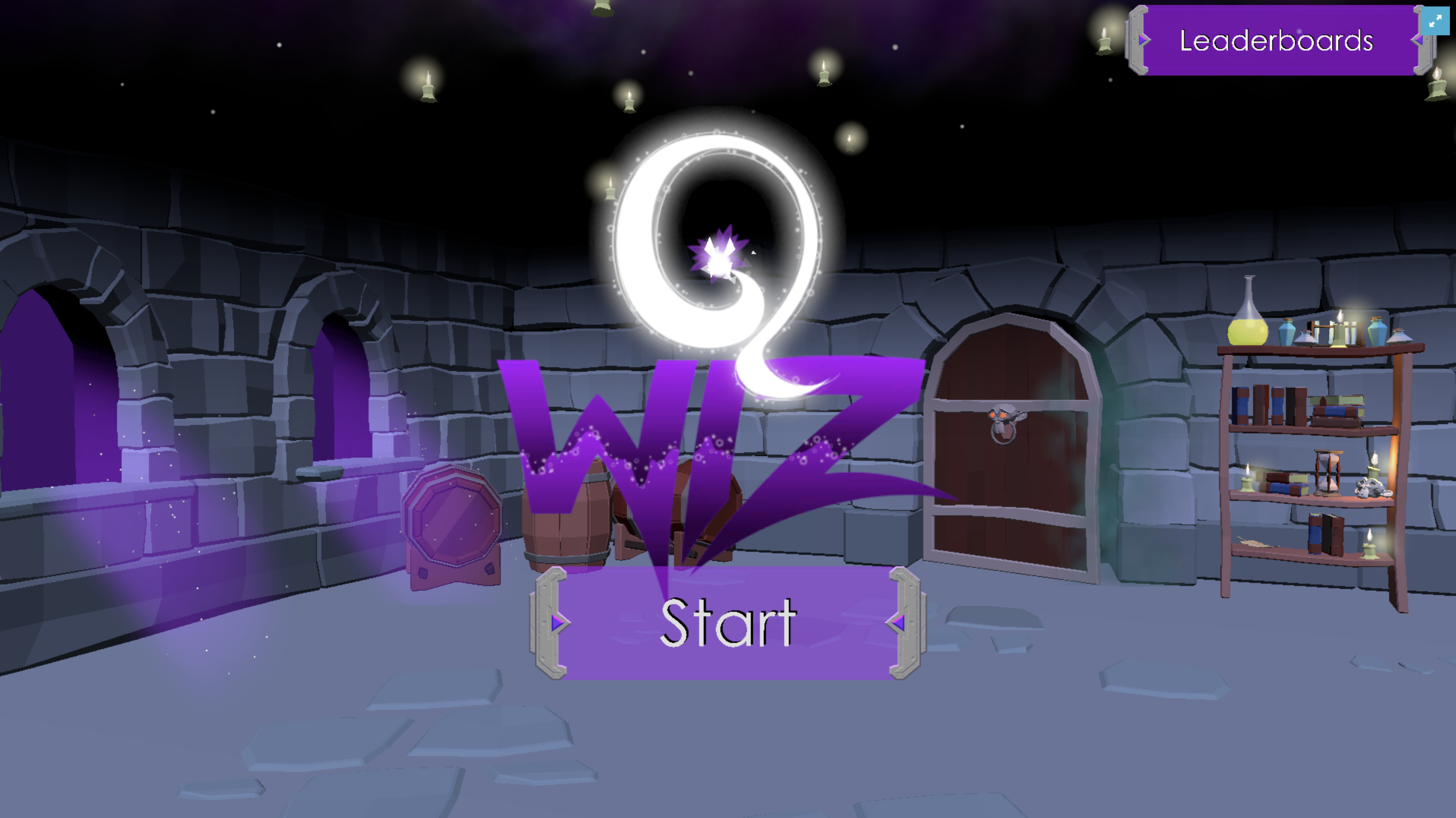

QUEST
Quantum technologies
In this entry you will find information about what quantum technologies are. Start from the section that feels easier or closer to you (play, discover, or learn), and then explore the others to see how your understanding shifts and expands!
"Quantum mechanics was, and continues to be, revolutionary, primarily because it demands the introduction of radically new concepts to better describe the world. In addition conceptual quantum revolutions in turn enable technological quantum revolutions."
—
Alain Aspect
Play
QWiz is a game where you act as a Quantum Wizard apprentice trying to make sense of the behavior of an interesting liquid, a liquid that is moving under the laws of quantum mechanics! Your mission is to make the liquid move to the right-hand-side glass container by only moving the left- and right-hand handles.
This game is an example of a citizen-science project. Specifically, it is aimed at solving an open research problem. The solutions to the puzzle are not easy to find using only mathematics. By transforming a problem into a puzzle, the game harnesses the power of the human mind to solve important research problems.
Credits:
Physicists: Matteo Rossi, Nicola Lo Gullo, Boris Sokolov, Laura Piispanen, Walter Talarico, Sabrina Maniscalco
Developer: MiTale

 Disclaimer: No fullscreen support.
Disclaimer: No fullscreen support.
Discover
Discover more
Quantum technologies encompass a wide class of devices — for information processing, communication, sensing, and simulation — which work, at their core, by exploiting quantum effects. Which type of quantum effects and why is this even possible or desirable? These are good questions at the very heart of the definition of quantum technologies.
Learn
QPlayLearn offers a number of courses on quantum technologies. Please contact us if you are interested in learning more about them.
Contact
Social
Menu
© 2020-2026 Algorithmiq QPlayLearn. All rights reserved.